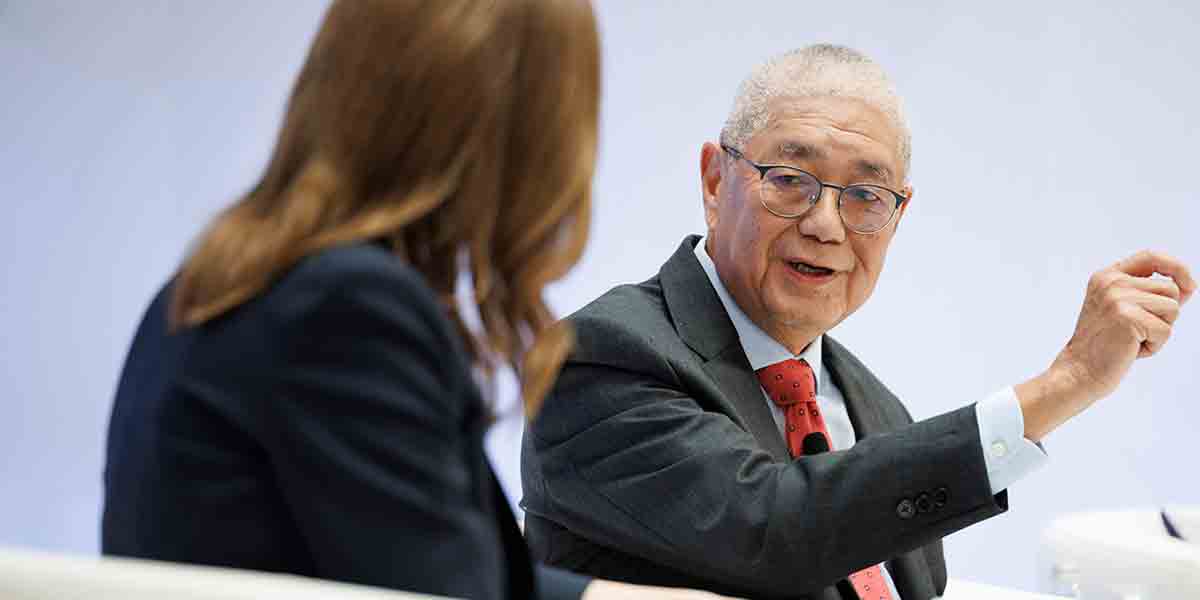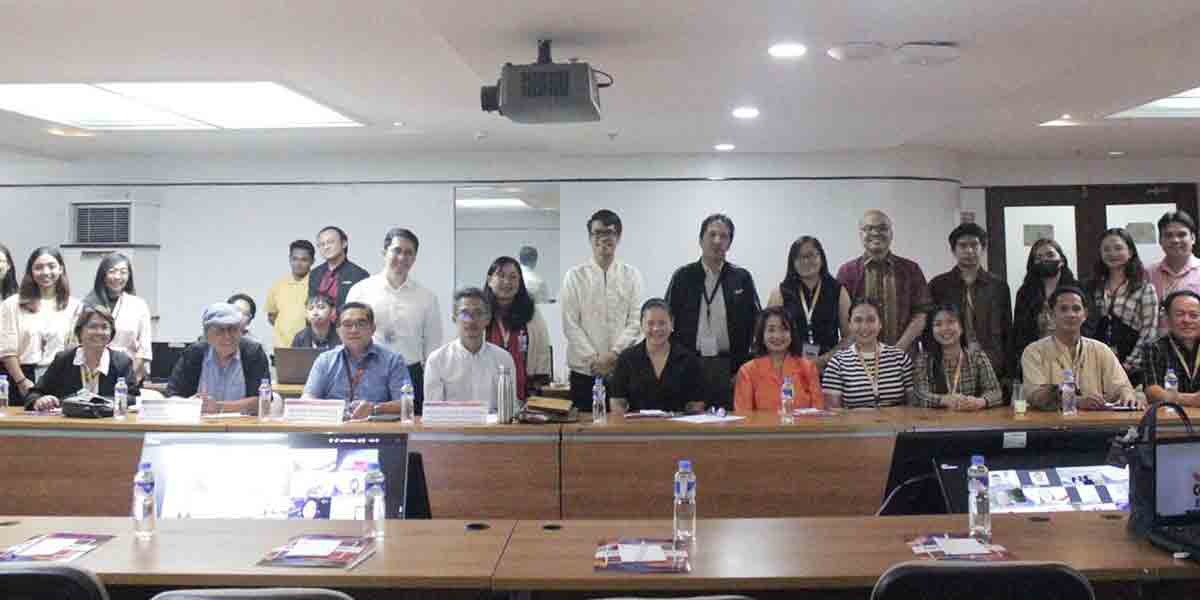By Francis Allan L. Angelo
The proposed PHP 200 across-the-board daily minimum wage increase, recently approved by the House Committee on Labor and Employment, has sparked concerns from local economists and business groups who fear its impact on Iloilo’s economy.
The wage hike proposal, backed by Speaker Martin Romualdez and labor groups, aims to address wage stagnation and lift millions of Filipino workers out of poverty.
However, Iloilo-based think tank Institute of Contemporary Economics (ICE) warned that the measure could deal a crushing blow to the local economy, already grappling with recent increases in real property taxes and a November 2024 wage hike.
A PHP 200 wage hike would represent a 40% increase in daily wages, an unprecedented move, the institute noted.
“This will create wage distortions, forcing businesses to adjust the salaries of their non-minimum wage workforce and further increasing the cost of doing business,” the think tank said.
Businesses in Iloilo City could face dire consequences, including layoffs, reduced working hours, or even closures.
The ripple effect could shrink consumer spending as households tighten budgets, exacerbating the economic slowdown.
The institute outlined two possible scenarios: businesses passing the additional costs to consumers, which would fuel inflation, or reduced consumer demand as unemployment rises.
“Either way, economic growth will be curtailed,” the institute added, urging lawmakers to consider the long-term ramifications of the measure.
LABOR GROUPS PUSH BACK
Labor groups, however, argue that the wage hike is long overdue.
House Deputy Speaker and TUCP Partylist Rep. Democrito Raymond Mendoza, a proponent of the bill, emphasized the need to address inequality and lift minimum wage earners out of poverty.
“Enough is enough,” Mendoza declared.
“Who can live with PHP 645 a day? Let’s end poverty wages and make history by passing this law after 36 years,” he added, referencing the last legislated wage hike in 1989.
The proposed hike would ensure that all minimum wages across regions surpass the poverty threshold.
Without it, Mendoza warned, regions like Bicol, Zamboanga Peninsula, and Bangsamoro would remain below the threshold, even if a PHP 100 increase were implemented.
The Federation of Free Workers (FFW) also backed the measure, with FFW president Sonny Matula calling it a step toward fairness and dignity for workers.
“For too long, wages have been stagnant—stuck longer than EDSA traffic—while prices of basic goods and services continue to climb like they’re in a race we never signed up for,” Matula said.
“A fair wage is not a privilege—it’s a right,” he added.
The proposal’s future hangs in the balance as Congress races to pass it before the May 2025 elections.
With Congress set to adjourn on February 7 and resume for only two weeks in June before the 19th Congress ends, the timeline is tight.
If certified as urgent by President Ferdinand Marcos Jr., the bill could be expedited for second and third readings on the same day.
Otherwise, it risks being refiled in the 20th Congress, delaying its implementation further.
“Mister President, please, certify this as urgent. You have said no one should be left behind, but workers have been left behind for too long,” Mendoza appealed.
BALANCE
While the wage hike aims to improve the standard of living, businesses caution against unintended consequences.
The Institute of Contemporary Economics stressed the need for a balanced approach, advocating regular but measured wage adjustments that support both workers and business sustainability.
“If there are no businesses to pay these wage hikes and keep workers employed, more harm would have been inflicted,” the think tank stated.
As lawmakers weigh the costs and benefits of the measure, the debate underscores the delicate balance between uplifting workers and safeguarding the economy.
















